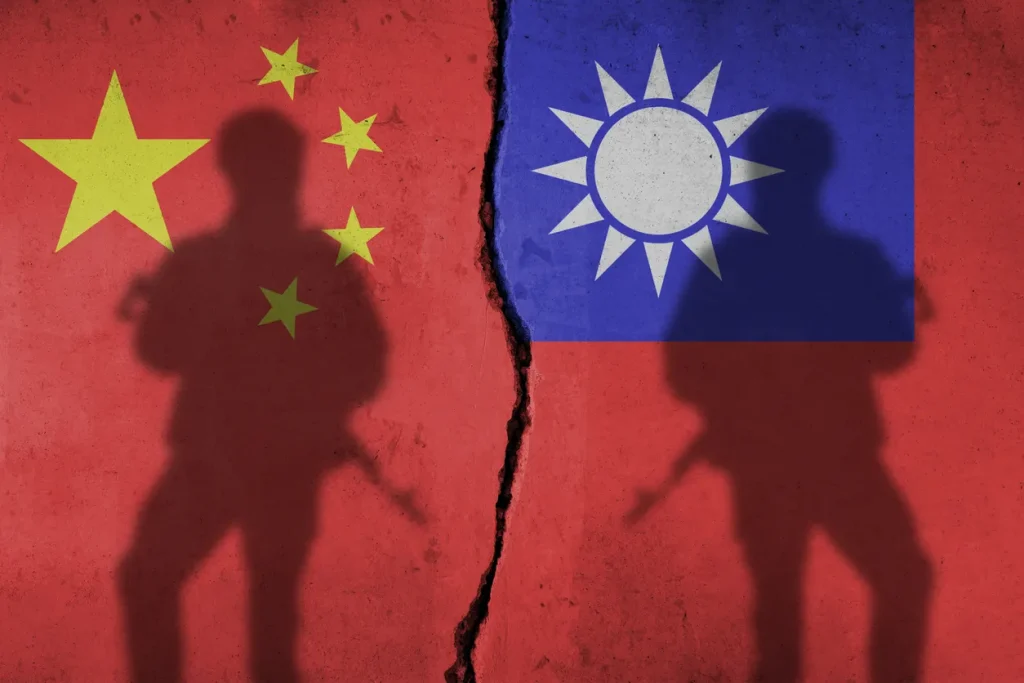The People’s Republic of China is expected to continue targeting Taiwan with “gray zone” tactics and an “anaconda” strategy in the coming years. These efforts aim to force Taipei to bow to Beijing without resorting to invasion. China is likely to focus on disrupting Taiwan’s economy by targeting critical industries and infrastructure, as well as scaling up covert cyberwar operations. A recent U.S. wargame team from the Foundation for Defense of Democracies visited Taiwan for a tabletop exercise focusing on economic and cybercoercion from China against Taiwan. Taiwan faces challenges in defending against cyberwarfare and disinformation campaigns, especially with the advancement of artificial intelligence making it harder to define truth.
Taiwan is preparing for potential threats from China, following the Russian invasion of Ukraine. While some in Taiwan are developing skills to survive kinetic combat, experts believe that China is more likely to begin with a blockade to soften up the Taiwanese citizenry before any invasion. Taiwan’s defense is crucially supported by the United States, with both countries committed to defending Taiwan. Suggestions for improvement include a more entrepreneurial approach to military hardware procurement, allowing Taiwan to receive necessary tools for defense faster and possibly cheaper. Ways to turn the Taiwan Strait into a death trap for any PRC invasion attempt, such as innovative defense strategies, are being considered.
Taiwan faces internal challenges in reforming its military reserves and energy sources. Reforming the military reserves will require a multi-year plan backed by significant financial resources and political will. Taiwan’s reliance on imported liquefied natural gas (LNG) is seen as a vulnerability, as around 40% of its power generation relies on LNG. The country’s dependence on LNG shipments transported by sea makes it vulnerable to a maritime blockade. The decision to focus on wind and solar energy sources instead of extending the life of existing nuclear energy reactors may have implications for Taiwan’s power supply resilience in the face of potential attacks from China.
The upcoming U.S. presidential election in November 2024 is a looming question for Taiwan, as some officials are concerned about the potential impact on U.S. support. Former President Donald Trump’s statements suggesting that Taiwan should “pay us” for defense have raised concerns about a more transactional approach from a possible second Trump administration. Taiwan may need to address these concerns by showcasing its previous defense spending and commitment to increased spending, while highlighting the benefits of a strong U.S.-Taiwan partnership. It is important for Taiwan to continue strengthening its defense capabilities and preparing for potential threats from China in order to maintain security and stability in the region.













